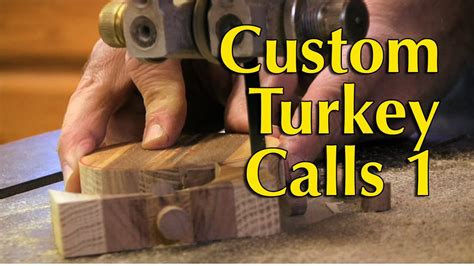How To Make Slate Calls
Ronan Farrow
Mar 25, 2025 · 3 min read

Table of Contents
How to Make Slate Calls: A Comprehensive Guide for Film and Television
Slate calls are a crucial part of filmmaking and television production. They're not just a formality; they provide essential information for post-production, ensuring that footage is properly identified and organized. This guide will walk you through everything you need to know about making effective slate calls, from understanding the terminology to mastering the technique.
Understanding the Importance of Slate Calls
A slate call, also known as a clapperboard call, is a short, standardized announcement made before each take during filming. The purpose is to synchronize audio and video tracks during the editing process. This synchronization is achieved by the distinctive clap of the slate, which creates a visual and audio marker easily identifiable in post-production. Without a clear slate call, matching audio and video becomes significantly more challenging and time-consuming.
Key Information Contained in a Slate Call
A typical slate call provides vital information, including:
- Production Name: The name of the film or television show.
- Scene Number: The scene being filmed, usually referenced in the script.
- Take Number: Indicates which attempt is being recorded.
- Date: The date of filming.
- Camera Roll: Identifies the specific camera being used.
- Director: The director's name
Essential Equipment and Preparation
Before you start, make sure you have the right tools:
- Clapperboard (Slate): This is the essential tool. It's a small board with hinged sides that create the audible clap.
- Marker Pen: Use a pen with a bold tip to ensure clear, legible writing on the slate.
Pre-Filming Checklist
Prior to shooting, take a few moments to prepare:
- Write the Information: Neatly and accurately fill out all necessary details on the slate.
- Check Camera Settings: Verify that the camera is recording and that the audio is properly balanced.
- Position the Slate: Place the slate clearly within the camera's frame.
Performing the Slate Call: A Step-by-Step Guide
Here's a structured approach to making a professional slate call:
- Start with a Clear Visual: Make sure the slate is completely within the frame.
- Announce Clearly: Begin by saying the production name, scene number, and take number. For example: "Production Name, Scene 1, Take 1." Speak clearly and distinctly, ensuring your voice is audible but not overpowering. Avoid extraneous sounds or background noise.
- The Clap: After the verbal announcement, sharply clap the slate together. Ensure the clap is decisive and creates a strong visual and audio marker. A sloppy clap can lead to synchronization issues.
- Rotate the Slate: Quickly rotate the slate to show the other side (containing information like date, camera roll, and director) to the camera before pulling it out of the shot.
Common Mistakes to Avoid
- Poor Audio Quality: Mumbling or noisy surroundings will make synchronization difficult.
- Insufficient Visibility: A poorly lit slate or one placed partially out of frame can lead to identification problems.
- Inconsistent Information: Double-check the slate's information against the shot details to avoid errors.
- Forgetting to Rotate: Be sure to show both sides of the slate before removing it.
Mastering the Slate Call: Tips for Success
With practice, you'll develop efficiency and confidence. Here are a few extra tips:
- Consistency is Key: Maintain a consistent and standardized format for all your slate calls.
- Practice Your Delivery: Practice saying the call out loud beforehand to ensure smooth delivery on set.
- Pay Attention to Detail: Double-check all information before filming each take.
- Be Prepared for Variations: Be prepared to adjust your call depending on the specific needs of the shoot.
By following these guidelines, you'll be well-equipped to make effective and accurate slate calls, ensuring smooth post-production and contributing to a higher quality final product. Remember, a well-executed slate call is a small detail that makes a big difference.
Featured Posts
Also read the following articles
| Article Title | Date |
|---|---|
| How To Measure Caster With An Angle Finder | Mar 25, 2025 |
| How To Make Brackish Water For Aquarium | Mar 25, 2025 |
| How To Make Homemade Catfish Bait | Mar 25, 2025 |
| How To Mail Plant Cuttings | Mar 25, 2025 |
| How To Make A Lye Bath For Cast Iron | Mar 25, 2025 |
Latest Posts
Thank you for visiting our website which covers about How To Make Slate Calls . We hope the information provided has been useful to you. Feel free to contact us if you have any questions or need further assistance. See you next time and don't miss to bookmark.
